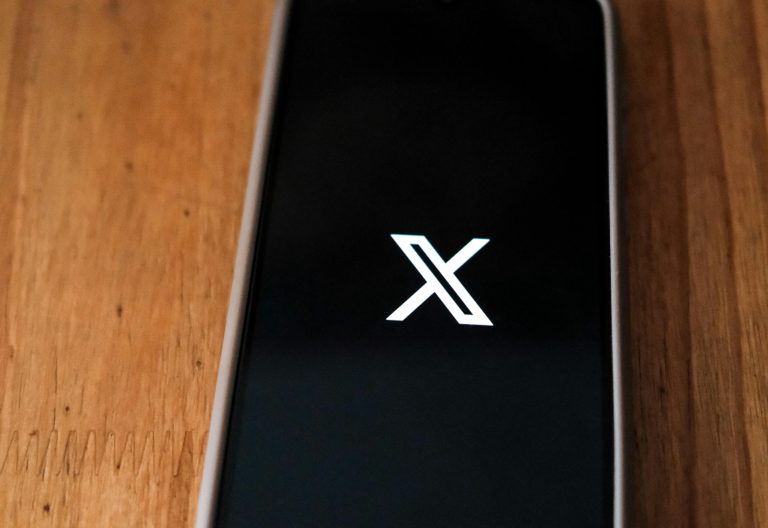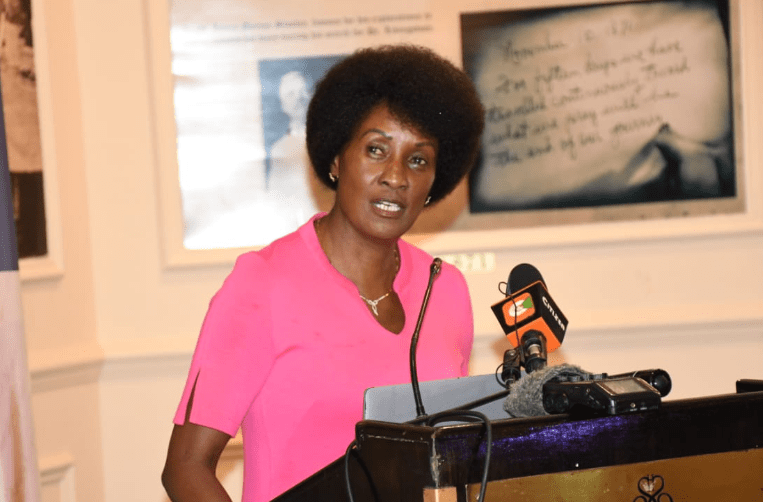Why X evolution in Kenya has sparked debate

When Twitter rebranded to X in July 2023, it marked a symbolic shift for a platform that has deeply entrenched itself into the lives of Kenyans over the years.
For better or worse, Twitter—or X, as it’s now known—has transformed into a digital public square where politics, culture and societal debates play out in real time.
But as the platform evolves under the ownership of Elon Musk, its relevance, impact and trajectory in Kenya remain complex and multifaceted.
Twitter’s entry into the Kenyan digital space a little over a decade ago was met with intrigue and enthusiasm. Its character limit forced brevity, which appealed to tech-savvy Kenyans eager to express themselves concisely. The platform’s open nature attracted early adopters: journalists, academics, politicians and an emerging class of digital influencers.
By 2013, Twitter had cemented its role in shaping public discourse. Hashtags like #KOT (Kenyans on Twitter) showcased the wit, creativity and activism of its users.
Through this online community, Twitter became not just a tool for self-expression but a cultural phenomenon. Kenyans on Twitter—known for their incisive humour and collective mobilization—could challenge governments, rally for social justice, or amplify global causes.
Kenya’s volatile political landscape found a natural home on Twitter. Politicians quickly recognized the platform’s power in reaching tech-literate constituencies.
During election seasons, Twitter became a battlefield for political propaganda, citizen journalism, and sometimes misinformation. The 2017 general election, for instance, saw hashtags like #UhuruForPresident and #RailaThe5th trend, each attempting to galvanize support for competing candidates.
But the political dynamics of Twitter extended beyond campaigns. Citizens could directly address elected officials, critique policies, and hold leaders accountable.
Initiatives like #SomeoneTellCNN—a response to negative portrayals of Kenya by international media—highlighted the platform’s ability to unify users in defending national identity. In this way, Twitter evolved into an informal watchdog, amplifying the voice of ordinary Kenyans.
Perhaps Twitter’s most significant impact in Kenya has been in activism. Movements like #MyDressMyChoice in 2014—a response to public stripping incidents of women accused of dressing “indecently”—exemplify how Kenyans harnessed the platform to fight gender-based violence.
Similarly, #JusticeForKianjokomaBrothers in 2021 drew attention to police brutality, sparking national outrage and eventually legal action against the officers involved.
These hashtags transcended the digital realm, leading to real-world protests, policy conversations, and heightened awareness of social injustices. This interplay between online and offline activism underscored Twitter’s unique role in Kenya’s social fabric.
As much as Twitter has been a force for good, it has also mirrored Kenya’s societal flaws. The platform’s anonymity often emboldens cyberbullies, trolls, and those spreading hate speech. Women, in particular, have been disproportionately targeted, facing relentless online harassment that sometimes spills into real-life threats.
Misinformation is another critical issue. With over 12 million active social media users in Kenya, the spread of fake news has far-reaching consequences. During elections, unverified claims on Twitter can quickly spiral, heightening tensions in an already polarized nation. While the platform has mechanisms to report and counter misinformation, their effectiveness remains inconsistent.
Furthermore, Twitter’s impact is limited by its accessibility. Despite Kenya’s high internet penetration, cost barriers and literacy gaps exclude large segments of the population. This creates an urban-centric bias, where the discourse often reflects the priorities of Nairobi’s middle class, sidelining rural voices.
Elon Musk’s acquisition of Twitter in late 2022 and its subsequent rebranding to X have sparked global conversations about the platform’s future.
For Kenyans, these changes come with both opportunities and uncertainties. Musk’s emphasis on monetisation has introduced features like paid verification and ad revenue sharing for creators. While this could empower Kenyan influencers and content creators, it also risks deepening inequalities.
Those unable to afford subscriptions or verification may find themselves marginalised in conversations.
Moreover, X’s shift towards a “platform for everything”—including payments and services—aligns with Kenya’s tech-savvy culture, especially in fintech. Integrating mobile money systems like M-Pesa could revolutionize how Kenyans interact with the platform.
However, concerns about data privacy and security loom large, particularly in a country where cybercrime is on the rise.
Another concern is content moderation. Musk’s approach to free speech has been criticized for allowing harmful content to proliferate.
— The writer is a Communication Consultant
.











